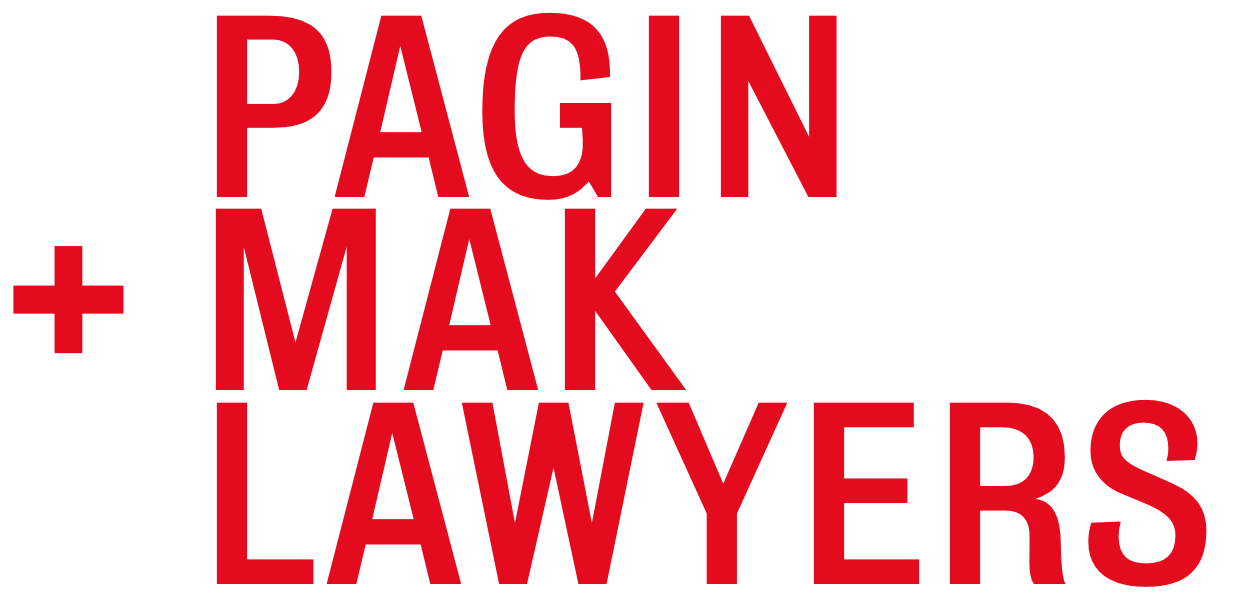Judicial & Merits Review
We are experienced in Administration Law matters dealt with on the basis of merits review and judicial review. Contact us for your initial consultation free of charge.
Administrative law matters, such as decisions made by government bodies, agencies or ministers can often negatively impact people in their daily lives. The ramifications of this can be far reaching.
The general principles of administrative law involves the challenging of any decision made by a governmental minister, a department under the leadership of a minister or any other body that exercises part of the executive jurisdiction of the government. There are two different types of review (or appeal) generally available to people. There is a process called ‘merits review’ which generally goes back to the original decision maker, or at least to the original decision making body but maybe to a different person in that organisation of an appeals panel. The purposes of merits review is to look at the entire decision made, including the facts of the matter at hand and to see if the best decision was made or if the decision should be varied.
Judicial review is the process whereby you ask a Court to intervene in the matter to review the decision. Merits review is usually a more informal process, it is flexible and is usually conducted internally. Judicial review on the other hand is formal, it is conducted in a Court of Law and the process of judicial review is confined to examining the legality of the decision made, not the merits of the decision based on its facts.
There are positive and negative sides to both a merits review and judicial review. Merits review is usually informal, quicker and looks at the whole situation considering facts and all. However, on the down side, a merits review can often be done by the same decision maker or people closely aligned to the decision maker in the same organisation which at times can leave a question in the complainant’s mind as to their independence and whether any bias is present. In a merits review, there is no way around these points.
Judicial review, however, is performed by a Court. It’s orders and decisions are, generally, final and binding and it has a lot more certainty and finality as to the end result. The negative factors that may arise with judicial review is it can be a long process going through the Court system. The judicial officer cannot have regard to the facts of the matter to determine if it was fair or not. The Judge or Magistrate is restricted to look only at the steps followed during the decision making process to examine if the decision maker followed the correct procedure and gave consideration to everything he or she should have and then to determine the legality of the decision made and if it is within the power of the person who made the decision to have done so.
The decision whether or not to consider a merits review or a judicial review can be a complicated one. It therefore important that you seek legal advice as to your options. Speak to one of our Administrative Lawyers knowledge in these matters today to assist with your merits review or judicial review.
The timeliness of seeking such advice is crucial because there are often tight deadlines for many acts of review, some as little as 14 or 21 days. Therefore, as soon as you learn of an adverse decision made against you by a governmental or public decision making authority you should get in contact with us.
Disclaimer:
The information above is intended as general information only and should not be relied on. You should discuss your individual situation with a lawyer.
Contact us to discuss your matter
Please fill out the below form and one of our lawyers will be in touch as soon as possible.
